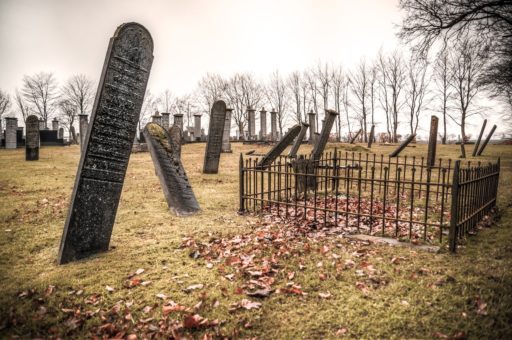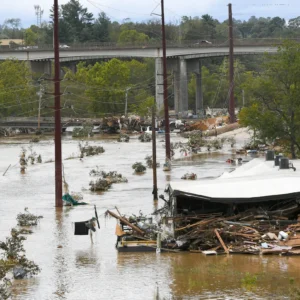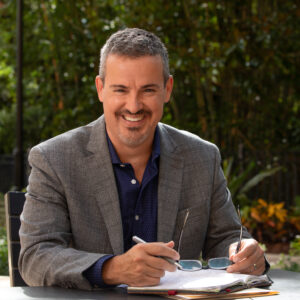I’m living in the land of death now.
Here I meet Israeli poet Agi Mishol.
How resistance to the force of gravity has weakened:
hair falls out, jaws drop, and legs don’t step
off the earth anymore.
The spent body stoops over the ground,
only a walking stick separates them like a kind of extension.
It’s early. I’m just waking up. I wasn’t thinking about death yet. From my couch, I watch winter sky lighten through bare trees. I sip black tea. I receive this poem. I’m ready for it.
A few days ago, I finished reading Being Mortal: Medicine and What Matters in the End by Atul Gawande. Being Mortal concludes with the moving story of his father’s final days. Because of his father’s paralysis from cancer, he was unable to pee. Gawande helps his father onto the toilet seat. Half an hour passes; nothing happens. Finally, after suffering bladder spasms, his father tells him, “You’re going to have to catheterize me.” “The hospice nurse,” writes Gawande, “expecting this moment would come, had brought the supplies and trained my mother. But I’d done it a hundred times for my own patients. So I pulled my father up from the seat, got him back to bed, and set about doing it for him, his eyes squeezed shut the entire time. It’s not something a person ever thinks they will come to.”
What will I come to?
In “Gravity, Death,” Mishol’s father, a Holocaust survivor who immigrated to Israel from Hungary when his daughter was a young child, has lost the strength to resist the force of gravity. He’s also lost his ability to speak coherently:
He sits opposite me in a cloud of unraveling sentences,
his skin like clothing hastily left behind
on a chair.
My father’s sentences, while he was hospitalized before being transferred to hospice for his final two days, were syntactically sound. But he couldn’t prop himself up in bed without a nurse’s assistance. He couldn’t lift himself from bed, lower himself onto the bedside commode, and return to bed on his own. He was too weak to perform a defining human act: resisting gravity.
The eyes lower to follow a poem as it descends down a page. Words enter the eyes and draw a reader’s gaze inward.
“Gravity, Death,” concludes:
For a moment I sit with my father, for a moment with my death
fraternizing with me through my crumbling father who begins
to return spirit unto spirit
and dust unto dust.
Unlike Mishol, I didn’t become aware of my own death “fraternizing with me” as I sat with my dying father. But since he died, my gaze has been fixed on mortality. You might think I’ve developed a morbid obsession with aging, dying, death. But my curiosity has freed me, at times, from a view of life, and my life in particular, limited by fear. Now I can ask: how much of my life has been driven by an unacknowledged pursuit of self-preservation?
I loved my father, but I withheld much from him. Whenever I’d see him, he’d ask how my investments were doing. For decades, he was in an investment club with friends. Late in life — in his seventies— he became a stock broker. His channel: CNBC, where he followed the market. Do you own Apple, he’d ask. I didn’t know. I’m doing fine, I’d answer. Three words. When’s your next book coming out, he’d ask. I’m working on it, I’d reply. Four words. You know this film, he’d say, when he was watching another of his channels: Turner Classic Movies. I’d nod vaguely. No words.
I was so busy protecting myself, I didn’t share much with him. Protecting myself from what? Now I see: my mortality. Mishol’s poem moves from the impersonal to the personal. First, “hair falls out.” In the next stanza, “he” sits opposite his daughter. Finally, in the most personal and vulnerable moment in the poem, Mishol sees her own death as she attends to her father’s.
I never thought of my father as having an inner life — not until, just recently, I found a photo I had taken of him about twelve or thirteen years ago when he was in his early eighties. It’s a head, shoulders, and upper chest shot taken in my family room. He and my mom were visiting us in Asheville. As it turned out, that was the last time he made the trip down from South Jersey. He’s wearing frumpy clothing, an off-white, unzipped windbreaker, a navy blue t-shirt, its collar stretched out of shape. His head is lowered. His eyes are closed. He’s smiling. Something pleases him. In this shot, I see a side to him I have mostly not acknowledged before: he’s tender, humble, grateful. I’d been so stuck on hiding from him that I failed to see and consciously receive the fullness of his being — of being itself.
After Atul Gawande’s father passes, the family carries out his final wishes to disperse some of his ashes in the Ganges, the river sacred to Hindus. “It’s hard to raise a good Hindu in small-town Ohio, no matter how much my parents tried,” writes Gawande. “I was not much of a believer in the idea of gods controlling people’s fates and did not suppose that anything we were doing was going to offer my father a special place in any afterworld.” Nonetheless, in following through on his father’s wishes, Gawande “felt that we’d connected him to something far bigger than ourselves, in this place where people had been performing these rituals for so long.”
Mishol’s poem concludes with her father’s crumbled body beginning “to return spirit unto spirit / and dust unto dust.” She’s connecting him to something larger than himself — to an old story, if nothing else.
Death is death. Death is also part of a larger story. I’m part of that story. I’m no longer hiding. No longer withholding. Since my father’s death, thousands of words. I’m living, yes, living with my father in the land of the dead.
Richard Chess directed the Center for Jewish Studies at UNC Asheville for 30 years. He helps lead UNC Asheville’s contemplative inquiry initiative. He is a board member for the Center for Contemplative Mind in Society. He’s published four books of poetry, the most recent of which is Love Nailed to the Doorpost. You can find him at http://www.richardchess.com





